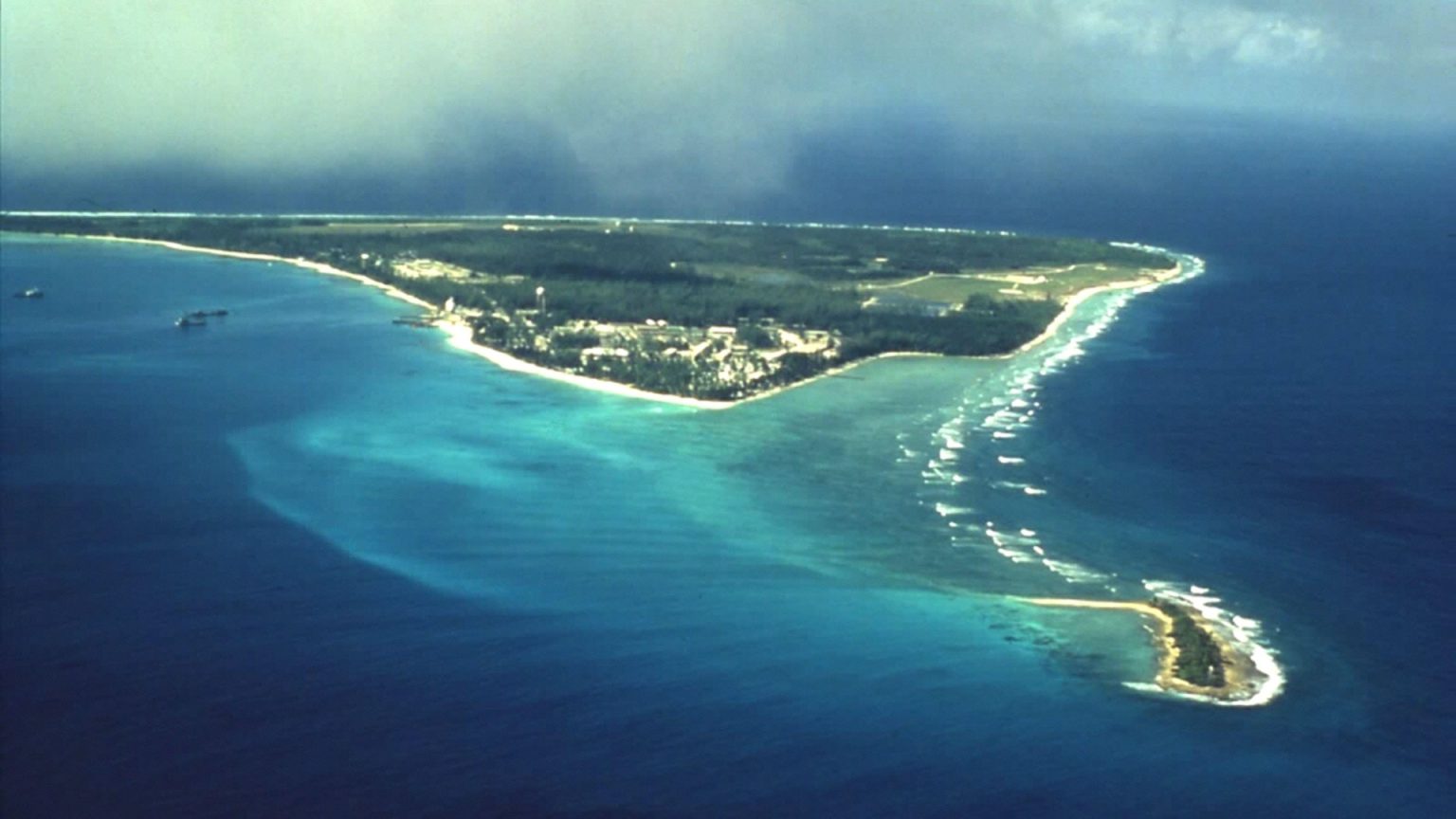The controversy surrounding the Chagos Islands, a British Indian Ocean Territory, has intensified with former Home Secretary Dame Priti Patel demanding an immediate reversal of Prime Minister Rishi Sunak’s tentative agreement to cede the islands to Mauritius. Patel’s call for a U-turn comes after the newly elected Mauritian Prime Minister, Navinchandra Ramgoolam, rejected an offer from Labour leader Sir Keir Starmer, demanding increased financial compensation for the islands. This complex geopolitical issue involves strategic considerations, historical grievances, and the interests of multiple international actors, including the United States and China.
The crux of the dispute lies in the sovereignty of the Chagos Archipelago, particularly the strategically significant island of Diego Garcia, home to a vital US military base. The United Nations, in a 2019 ruling, declared that the British administration of the islands was unlawful and that they rightfully belong to Mauritius. This decision has emboldened Mauritius to pursue its claim more forcefully, while placing the UK in a difficult position, balancing its historical claim with international pressure and the strategic importance of Diego Garcia to its alliance with the US. Sir Keir Starmer, seemingly aiming to adhere to the UN ruling, had proposed a lease-back arrangement with Mauritius, a proposition that has been met with resistance from both the former Home Secretary and the Mauritian Prime Minister.
Adding to the complexity of the situation is the reported displeasure of former US President Donald Trump regarding the potential transfer of sovereignty. Concerns have been raised about potential Mauritian ties with China and the implications this could have for the US military presence on Diego Garcia. The base serves as a crucial strategic asset for US operations in the Indian Ocean and beyond, and any perceived threat to its security is met with serious concern in Washington. This element introduces a significant geopolitical dimension to the dispute, intertwining the interests of the UK, Mauritius, the US, and China in a delicate balance of power.
Dame Priti Patel’s criticism of the proposed deal centers on the perceived financial concessions being offered to Mauritius and the timing of the negotiations. She accuses the Labour party of attempting to finalize the deal before the return of Donald Trump to office, suggesting a strategic move to avoid potential opposition from a more assertive US administration. Patel’s attack highlights the political divisions within the UK regarding the Chagos Islands and the broader implications for British foreign policy. It also casts a light on the sensitive nature of the negotiations, with accusations of backroom dealings and a lack of transparency fueling the controversy.
Meanwhile, the Mauritian government, under Prime Minister Ramgoolam, appears to be adopting a harder line in negotiations, seeking greater compensation for what it views as historical injustice. The deputy Prime Minister has accused Britain of “nit-picking about the compensation,” suggesting a widening gap in the expectations of the two parties. This stance further complicates the already challenging negotiations and raises questions about the feasibility of reaching a mutually acceptable agreement. The demands of Mauritius seem to be hardening, driven by both domestic political considerations and a sense of historical vindication.
The Chagos Islands dispute presents a multitude of interconnected challenges. The historical claims of Mauritius, the strategic importance of Diego Garcia to the US, the geopolitical maneuvering of China, and the internal political dynamics of both the UK and Mauritius all contribute to a complex and volatile situation. Finding a resolution that satisfies all parties involved will require careful diplomacy, a willingness to compromise, and a clear understanding of the long-term implications of any decision made. The future of the Chagos Islands hangs in the balance, with the potential to reshape the geopolitical landscape of the Indian Ocean region. The current impasse, marked by accusations and disagreements, underscores the difficulty of navigating these complex international relations.


